Why Learning MySQL Still Matters in 2025
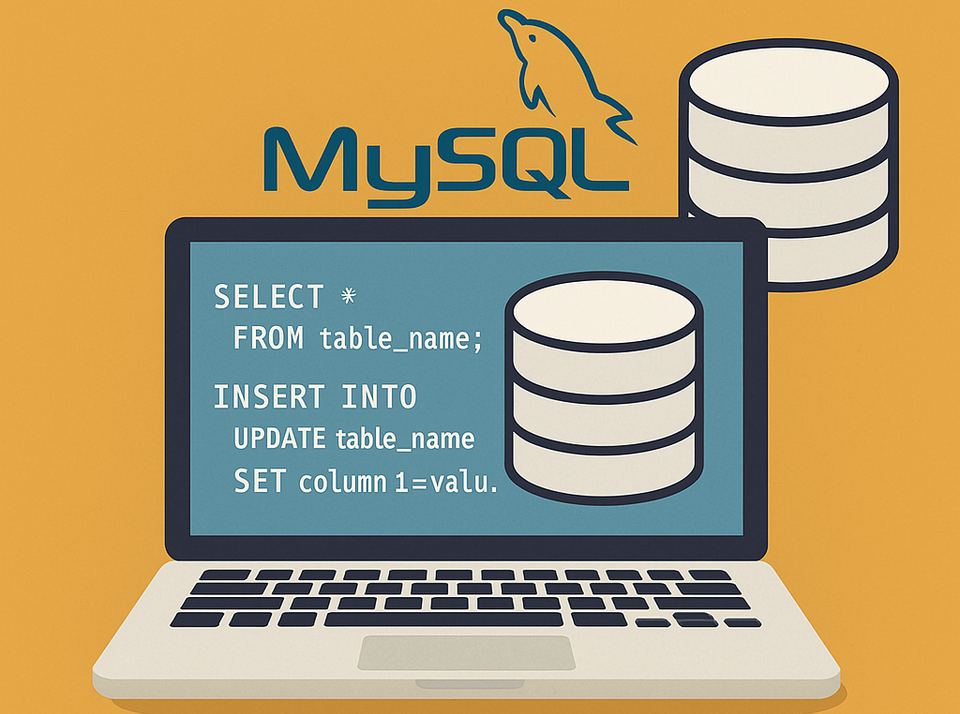
Why Learning MySQL Still Matters in 2025
Every year, new technologies promise to change everything. One day it’s artificial intelligence, the next it’s blockchain, cloud computing, or automation. But behind all of this, there’s something that remains unchanged. Data.
No matter how advanced the world becomes, every company, app, or website still needs a place to store, organize, and manage information. That’s why MySQL, one of the most trusted database systems ever built, continues to be so important.
The Invisible Engine of the Internet
Most people never think about databases. You open your favorite app, and it just works. You see your account, your messages, your orders. But behind that simple screen, a database is quietly working every second.
MySQL is one of those tools that makes it all happen. It’s free, open-source, and powerful enough for both small startups and huge global companies. In fact, many of the world’s most-used platforms rely on MySQL every single day:
- Facebook – uses MySQL to store massive amounts of user data, posts, and relationships.
- YouTube – uses MySQL for key parts of its video data and analytics systems.
- Airbnb – depends on MySQL for managing listings, bookings, and user accounts.
- Netflix – uses MySQL to track customer viewing data and system logs.
- Uber – runs parts of its backend data management on MySQL.
- Twitter and Shopify also use MySQL in various services.
When apps of this scale run on MySQL, it’s a clear sign of its strength. The same database that powers your personal project also helps run some of the biggest services in the world.
Why Developers Still Learn It
A course like MySQL Database Development Mastery is not just about learning another tool. It’s about understanding how information is organized and how systems think.
🎓 MySQL Database Development Mastery
You learn how to design databases how to set up tables, define relationships, and build a logical structure for your data. You also learn how to use SQL commands like SELECT, INSERT, and UPDATE to interact with that data.
These may sound like technical details, but they teach something bigger: how to think in data. That’s a skill that will still matter decades from now.
Thinking Beyond the Code
When you learn MySQL, you start to see patterns in information. You begin to understand how businesses track users, how apps store records, and how data moves between systems.
This kind of thinking helps developers make better decisions. You don’t just follow tutorials you start to design systems that actually make sense. It’s the difference between copying code and creating architecture.
That’s what separates an average programmer from a real developer.
Practical Skills That Last
Learning MySQL also builds habits that stay useful even if you later move to other databases like PostgreSQL, SQL Server, or cloud systems like AWS RDS. The principles are the same:
- How to structure data properly
- How to avoid duplication
- How to make data easy to query and manage
These best practices make your work cleaner, faster, and easier to maintain. They also save time when troubleshooting or scaling your applications.
Data Is the Foundation of Everything
Every new technology trend, from AI to analytics, depends on clean, structured data. If the data is messy, everything built on top of it fails.
That’s why understanding databases is more than a technical skill. It’s a foundation for thinking clearly about systems, products, and even business strategy.
In a world filled with flashy tools and frameworks, MySQL reminds us that true mastery begins with the basics: knowing how to store and utilize information effectively.
A Skill for Any Developer
Whether you’re building an app, running a business, or managing a website, MySQL gives you control over your data. It helps you see what’s happening behind the scenes, and that kind of visibility makes you better at solving problems.
Trends will come and go. But data will always matter. And MySQL, after more than two decades, is still one of the most reliable ways to work with it.
In short: Learning MySQL isn’t about chasing the next big thing. It’s about building a foundation that makes you a more innovative, more capable developer — one who understands not just the code, but the system behind it.
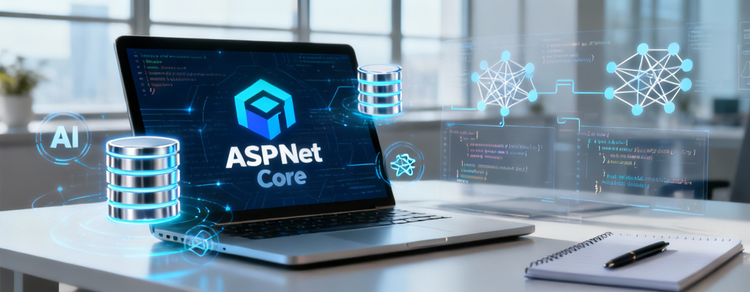
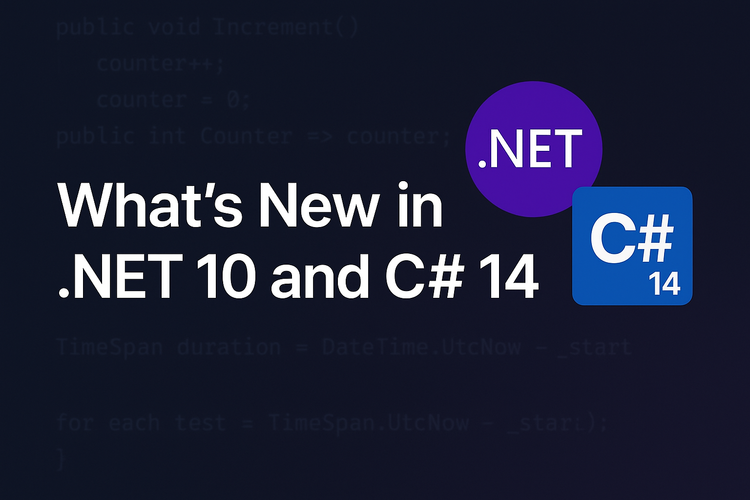
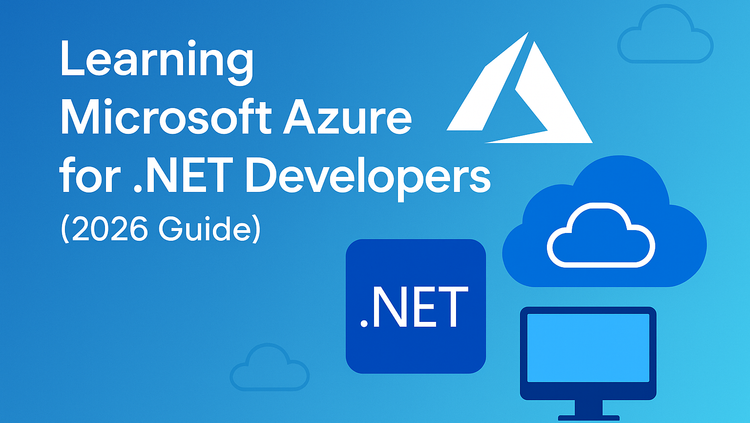
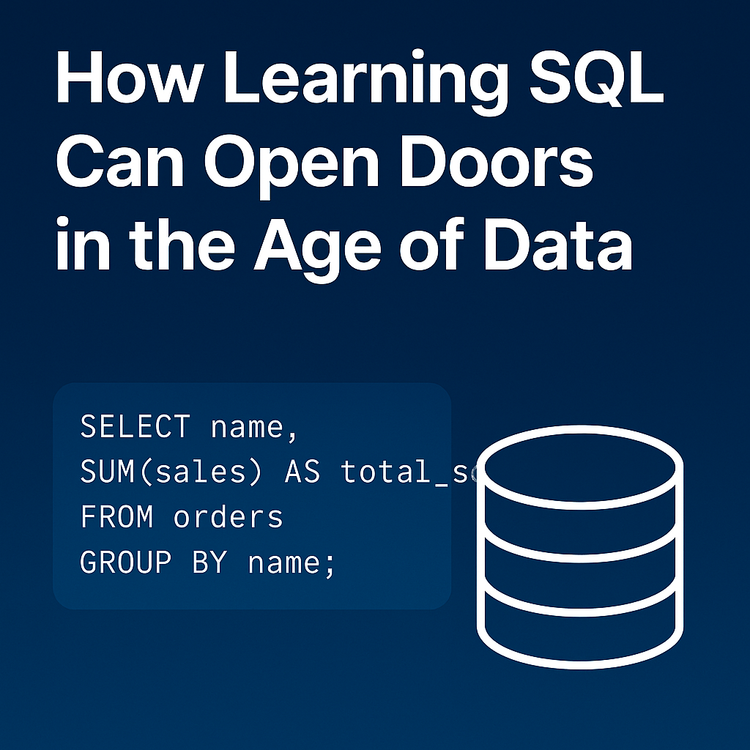
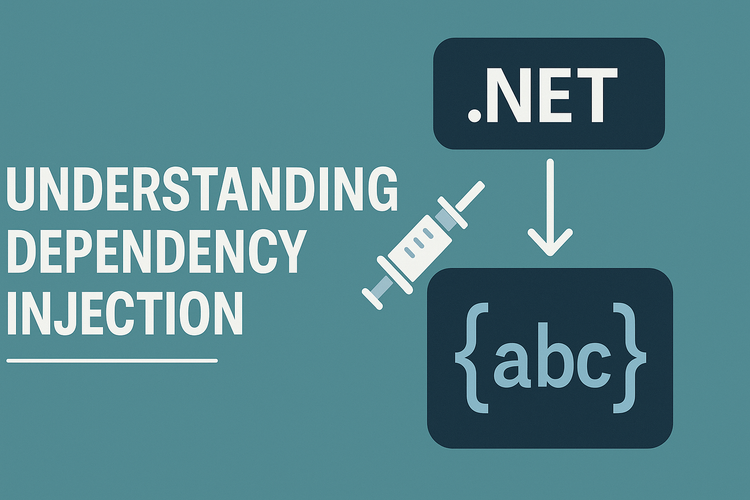
Member discussion